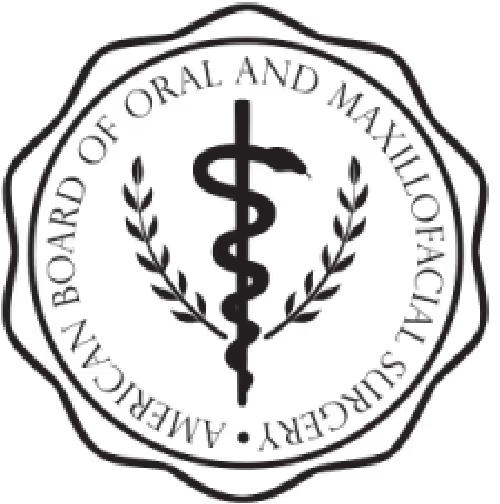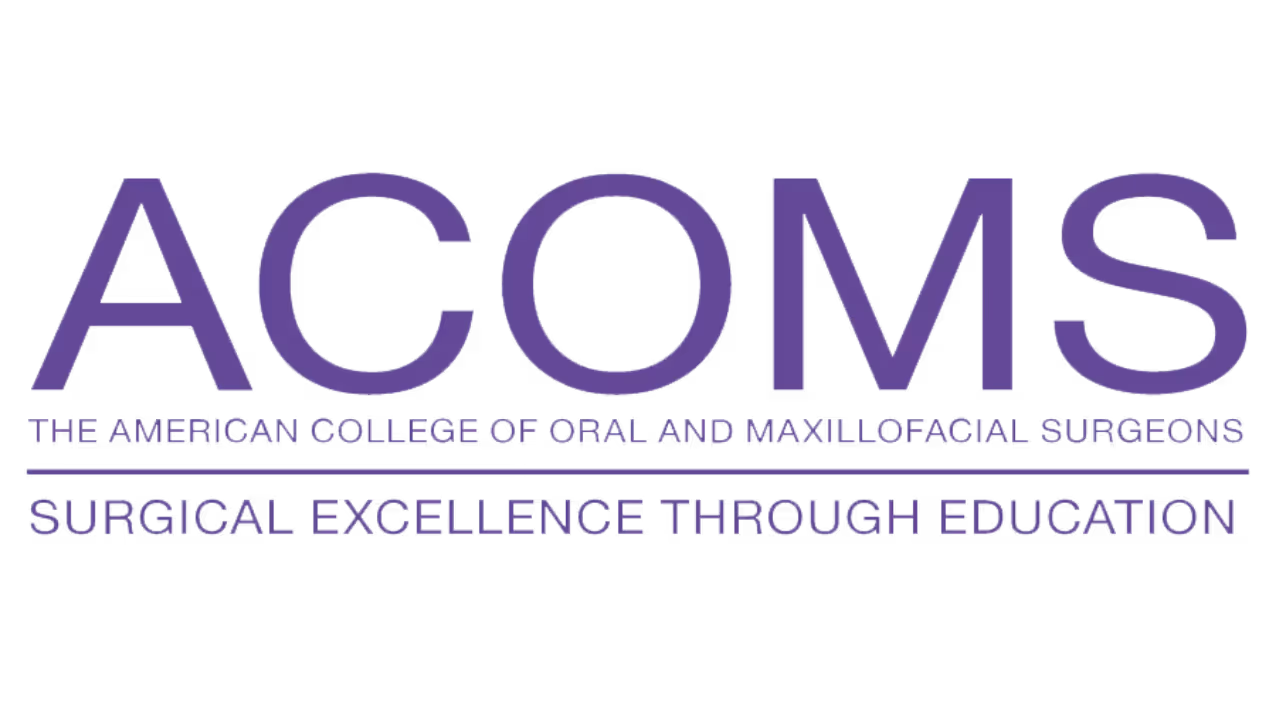Bone Grafting
Comprehensive Bone Grafting Solutions in Bayside and Upper East Side, NY
What is Bone Grafting?
Bone grafting is a surgical procedure that is essential for patients who have areas of bone loss around the jaw that precludes implant placement. Bone loss can often occur as a result of a variety of different conditions. From gum disease to having extractions done, bone loss can cause your face to look sunken-in and make implants difficult or even impossible to place. Bone grafting can easily be done in our office when and if needed.
Why is Bone Grafting needed?
The most common reason for needing bone grafting is because you have areas of bone loss around your jaw. Smoking and chronic gum disease is an incredibly common condition that can cause bone loss over time. Likewise, having teeth removed can eventually have an impact on the bone underneath. In either case, bone grafting is often essential if you're planning on having implants placed.
Who is a candidate for Bone Grafting?
To determine if you might need bone grafting done, we will conduct both an exam and take x-rays or 3D imaging, such as Cat Scan. The imaging will allow us to assess if there are areas of bone loss around the treatment sites and if so, what would be the appropriate options for replacing or augmenting the bone. We will consult with you to determine the best course of action tailored to your situation, discuss the risks and alternatives and what to expect when having the procedure done in our office.
What happens during Bone Grafting?
The first step is to determine what procedure and what type of bone grafting material is right for your needs. Once this is finalized, we will discuss the procedure and sedation options in detail to ensure that you have the most informed and comfortable experience possible.
During surgery, we will ensure safety and comfort, once local anesthetic and sedation of your choice, if needed, are administered , the doctor will make an incision through the gums. The bone material is placed and L-PRF( bone growth factor-rich substance harvested from your blood) is applied to the area to help the bone heal quicker, less pain and better outcome. Once the bony healing is verified and bone found to be sufficient, we will schedule you to come in for your implant placement. Bone grafting surgeries are routine, predictable and safe treatment options that enable us to deliver better solutions to our patients.
Enhance Your Oral Health with Bone Grafting - Book a Consultation - Trust Lenox Hill for advanced bone grafting procedures.
Questions About Bone Grafting? Call Us - We're here to guide you through the process.
Want to schedule an appointment?







